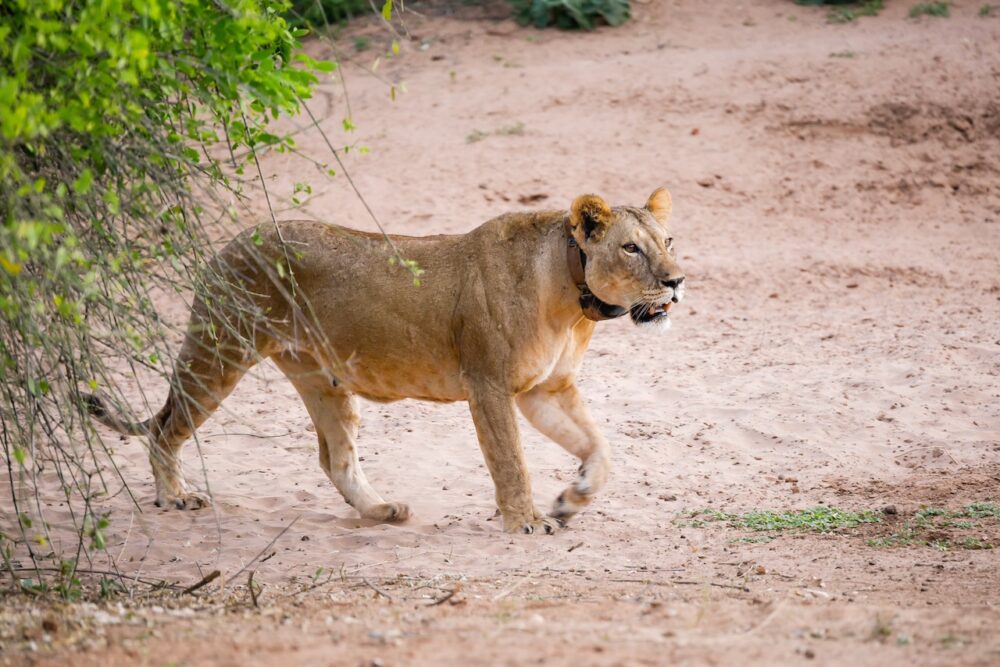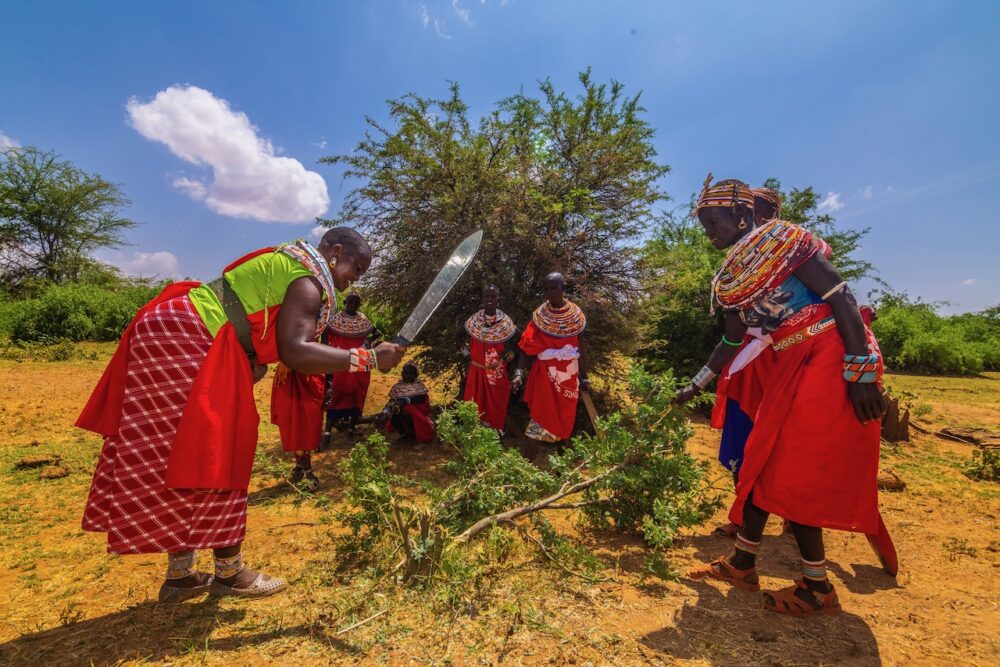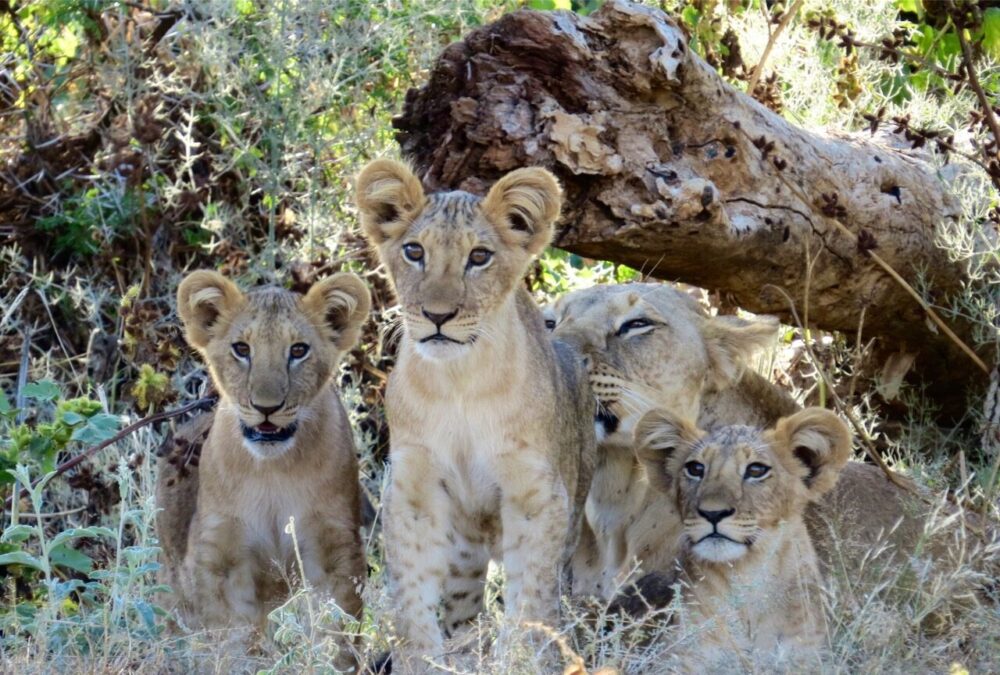
6th December 2017 – Twenty-four children wave enthusiastically as they board the ‘Bush bus’ for the final time. It’s the end of the Lion Kids Camp. The past five days have been filled with wildlife education, safaris and conservation-themed games and activities. From the smiles, the laughter and the jubilant singing that accompanies their departure, it is clear they have had fun.
But, enjoyment aside, how do we know if we have actually made a difference? – Has their knowledge about wildlife and conservation improved? Have their perceptions towards wild animals changed at all? What can we learn from this camp that will help us run even more successful camps in future?
In order to answer these questions (and more), we evaluate each of our Lion Kids Camps. We conduct pre-camp and post-camp surveys and quizzes to assess changes in children’s knowledge and attitudes, as well as gather feedback to inform programme development.
Here, we are excited to share the results of our most recent LKC with students from Remot Primary School, held between 2nd and 6th December 2017. Click here to view the full report: Evaluation Report Lion Kids Camp
As part of our preparations to scale-up our LKC programme in 2018, we have also made some changes to the way we conduct our evaluations. In a bid to both increase efficiency and go ‘paper-free’, we employed two new digital data collection methods in December: Promethean Activote student response devices for asking multiple-choice questions and Wild Form surveys on tablet devices for open-ended questions.
By evaluating our LKCs in this way, we can continue to improve our successful Lion Kids Camp model – educating and inspiring a new generation of Kenyan wildlife conservationists.
For more information about our LKC programme see: https://ewasolions.org/conservation/lionkids/
Acknowledgements:
- We are very grateful to Westgate Conservancy, Samburu Reserve Management and our sponsors for the camp – Alta Vista Elementary School, who has been supporting Remot Primary for years through National Geographic’s Sister School Programme, & Prince Bernhard Nature Fund. Thank you all so much for bringing conservation education to Remot students and for inspiring them to become conservationists!
- We would also like to thank Dave Grosvenor (Bowland Charitable Trust) and Helen Toole (Learning by Questions) and Neil Bailey and Ric Talbut (both Wild Knowledge) for their technical advice/support concerning Activote student response devices and Wild Form, respectively.




